Choosing the right Flight School is an important decision for aspiring pilots. In this article, we’ll guide you on what factors to consider.
Your journey to becoming a fully-fledged pilot encompasses not only the exams and practical flight training but also a subtle transformation in your personal attributes and skills.
Flight training is an expensive undertaking, so it stands to reason that you would want to get the best value out of your training.
In a series of articles, we’ll explore everything from choosing the correct flying school to insights and tips I have gained from a decade’s worth of experience as a flight instructor to ensure that you get the most value out of your training and ultimately become a more complete pilot.
In our first instalment, we’ll explore why it’s important to pick the right flying for YOUR needs.
Choose the best flight school for YOUR needs.
Choosing the right flight school for your own, unique needs cannot be overstated. Anyone who has wanted to start flying has most likely come across the bewildering array of different flying schools, all promising to give you the best training at the best price. Like any industry, marketing plays a huge role in flight training.
The path to having an enjoyable time during your flight training starts with doing some homework in order to answer one simple question: “what is the best flight school for YOUR needs?”
The aviation industry is incredibly diverse, and each individual wants to become a pilot for different reasons.
You may be thinking of making a career out of being an airline pilot or a career instructor or even a bush pilot flying guests to some of the most amazing lodges.
You may want to fly recreationally as a hobby, or you may want to become the next aerobatic champion. Because we all have different needs and goals, there can’t be one answer to this question. Things to consider are:
Small flying school or large flying school?
Each option has its advantages and disadvantages. Smaller flying schools typically have a more relaxed atmosphere, and you’re more likely to get more attention from your instructor as they would typically have fewer students to work with.
On the other hand, a smaller school may have a smaller fleet of training aircraft and delays could be encountered when routine maintenance or a training mishap takes an aircraft out of service for an amount of time.
A larger flying school has plenty of resources at hand to facilitate your training to allow you to progress through your training as quickly as possible.
These flight schools operate more like a university, with lectures and briefings for a larger number of students at once. One might find that due to the increased number of students, each flight instructor may have several students that they’re working with at any one time, which often means quality one-on-one time with an instructor may be limited.
If you’re someone who feels that they benefit more from one-on-one time with an instructor, finding somewhere where this is possible will be a main consideration for you.
Due to their size and commercial presence in the industry, the larger schools tend to have formal agreements to conduct training for airline operators, and this is an attractive option for many prospective students aspiring to become airline pilots.
You’ll most likely come across schools referring to their training courses being modular or integrated. A “modular” flying school refers to a school where the student completes a Private Pilot Licence (PPL) before moving on to a Commercial Pilot (CPL) licence course.
An “integrated” flying school refers to a school where there is no clear break between the PPL and CPL. Instead, the student enrols onto an integrated course and goes all the way through to a CPL level without obtaining a PPL.
Again, your personal goals and needs will dictate which type of training course is right for you.
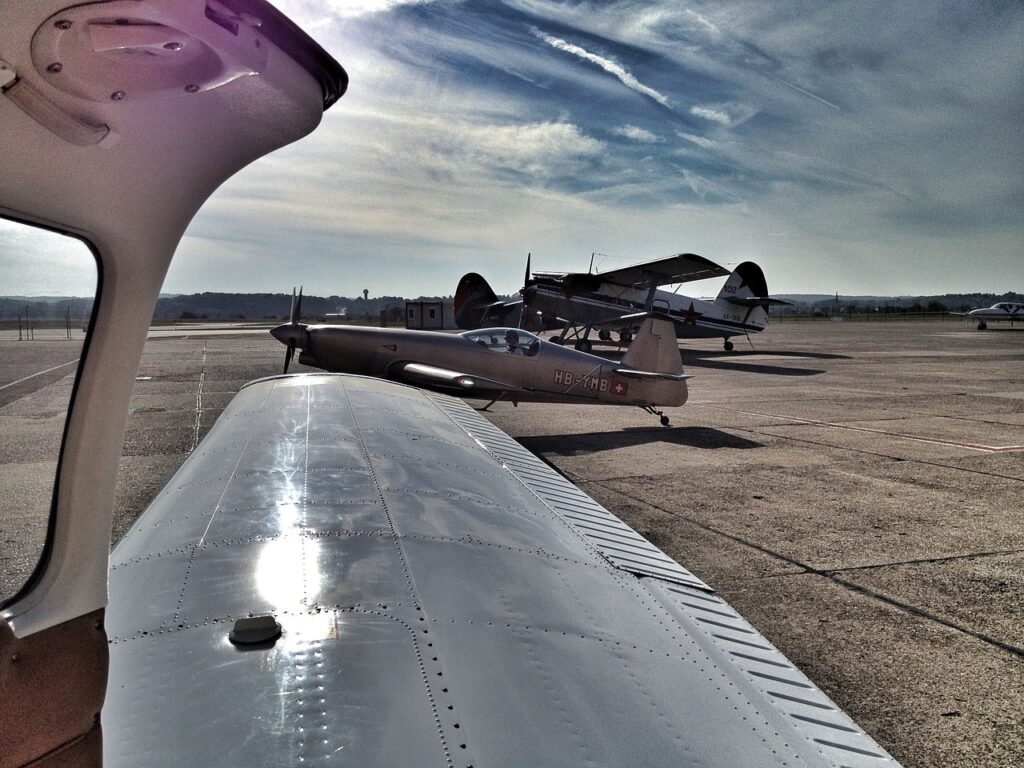
When choosing a flying school, you get what you pay for.
Money doesn’t grow on trees, and it is important to be cost conscious when it comes to choosing a flight school.
One might think that the cheapest flight school is the best option, but this is seldom the case. It is not unheard of for flying schools to advertise an incredibly low fee for training but leave out several hidden costs which ultimately end up costing you more down the line.
One of the most important things for you to do is to get quotes from several schools and compare them. Pay careful attention to what you’re being quoted for. Unscrupulous flying schools have a habit of leaving out important costs such as exam and equipment fees in an attempt to make them a more attractive option to prospective students.
The fact is that learning to be a pilot will be an expensive undertaking. There is no way around this. My advice is to get quotes from schools, scrutinise those quotes and speak to current students who can give you an indication whether the school is transparent about their fees.
You’re investing a significant amount of money into your career, don’t be fooled by fees that sound too good to be true.
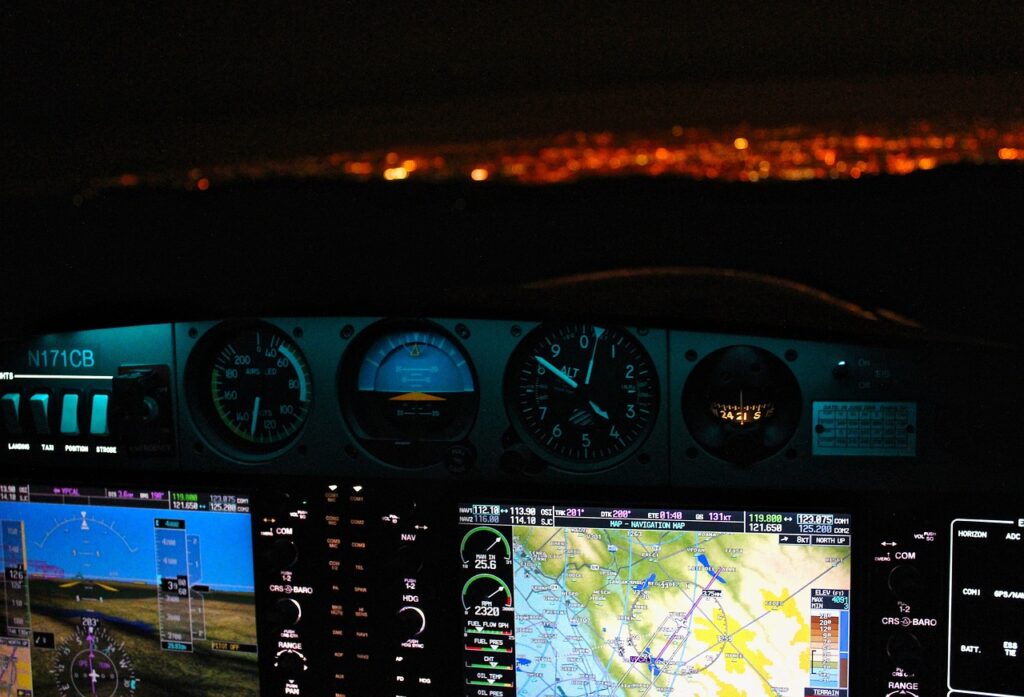
Where do I want to be based during my training?
You may want to learn to fly at your local airfield, or you may want to go learn a little further afield, possibly even in another country.
Several factors could influence your decision, but don’t forget that accommodation costs will invariably need to be factored in when considering the cost of training.
Be advised that doing your flight training in another country may have implications for licence conversions.
It is possible to convert a flying licence from any ICAO country, but licensing requirements differ from country to country and the conversion process could involve a substantial amount of money and time.
To ensure the easiest conversion process possible, British citizens wishing to do their training abroad should look for a flight school that is ICAO approved.
This will ensure that most of the UKCAA’s licensing requirements will also be met. [see our article on choosing between a EASA or UK CAA License]
If in doubt, feel free to discuss this with any prospective flying school that you’re considering. They will have the most up-to-date information regarding the licence conversion process. You can also reach out to us at SkyLearner and we’ll gladly assist you.

Quiet airfield vs busy airfield?
Should I choose the flight school at the local flying club, or would choosing the flight school at the international airport be better?
Again, there are pros and cons to each. A quieter airfield will usually allow you to complete your flying exercises in a shorter time as there are less traffic delays.
At larger, busier airports, it is not uncommon to wait a significant amount of time on the ground whilst you wait for your chance to get airborne.
Right now, you’re probably thinking that it would be a no-brainer to fly at a quieter airfield but consider this: if your aim is to become a professional airline pilot, it may benefit you to learn to fly from a busier airport from the beginning.
You’ll learn to deal with air traffic control, have a better appreciation for the importance of disciplined radio work & visual lookouts, and generally have more confidence operating in busier environments.
In addition to this, larger airports usually have more facilities that allow you to do more advanced training elements such as an instrument rating in a more efficient manner.
Get a feel for the place, if possible.
If you’re able to visit the prospective flight school in person, do it. You’ll get to see the facilities for yourself and get a feeling for the atmosphere of the school.
Pay attention to how the staff treat the students and whether the facilities seem well maintained. Try speaking to students who will give you an unbiased opinion of what it’s like to be a student there.
Take note of the attitude of the staff. If there is a general air of unhappiness amongst the staff, that invariably translates into a poorer standard of training.
Book an introductory flight, if possible.
By booking for an introductory flight at a prospective school, you’ll get a good idea of the state of their aircraft. Nobody wants to fly in an aircraft that looks tatty and poorly maintained.
The ethos of the school is often reflected in the state of the aircraft. Planes with untidy interiors or tatty fittings shows you that the school doesn’t take much pride in their machines. This is a red flag. Your life literally depends on the aircraft being well maintained.
During the intro flight, you’ll also get the chance to see how the instructor behaves. Whilst the intro flight isn’t a lesson, it certainly isn’t a joyride where the instructor has free reign to show off their skills.
A good sign is an instructor who shows an interest in you wanting to become a pilot at their school and who conducts the intro flight according to your limits, NOT theirs.
It is important to remember that the instructor is essentially an ambassador for the flying school during this time, and how he/she behaves will tell you a lot about the environment you’ll be operating in.
In conclusion, we have seen that choosing the right flying school is a vitally important first step in your journey to becoming a pilot.
You’ll have a much more enjoyable time in an environment where you feel comfortable and supported, so take the time to make sure you’ve found the right school.
End.
Need career guidance on choosing the best flight school for your needs? We are here for you on this journey and would be happy to assist you. Contact Us, to get the ball rolling on your aviation career!
If you have already decided on your flight school and are looking for a Professional Ground School, we offer the following: PPL Ground School, LAPL Ground School, Pilot Upskilling courses as part of our PROUD scheme, Winter Operations, ICAO to UK Conversion Course, and more!
Our PPL/LAPL Ground Schools are facilitated in-person or online. Get in touch and let us know how we can help you.



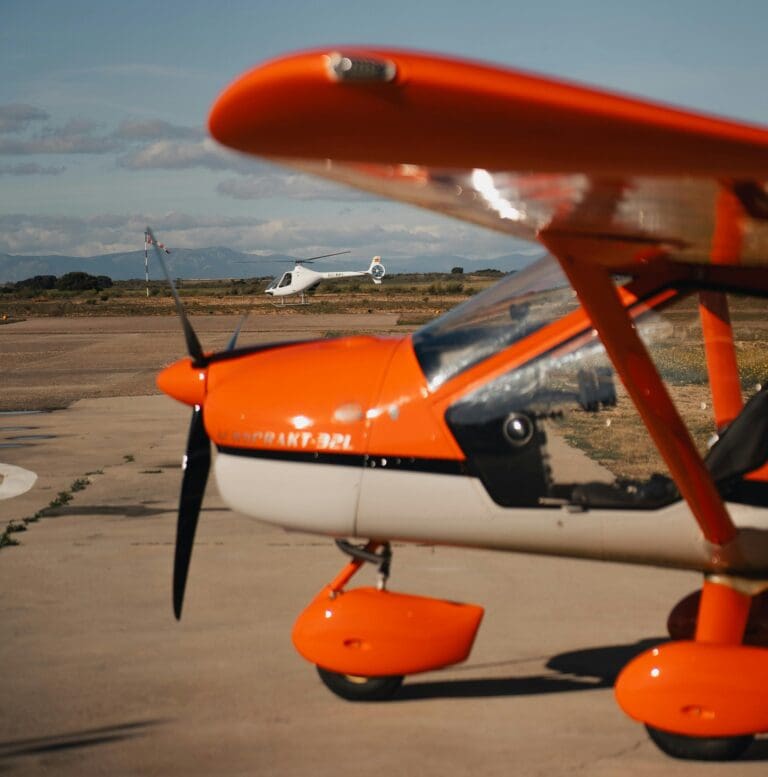

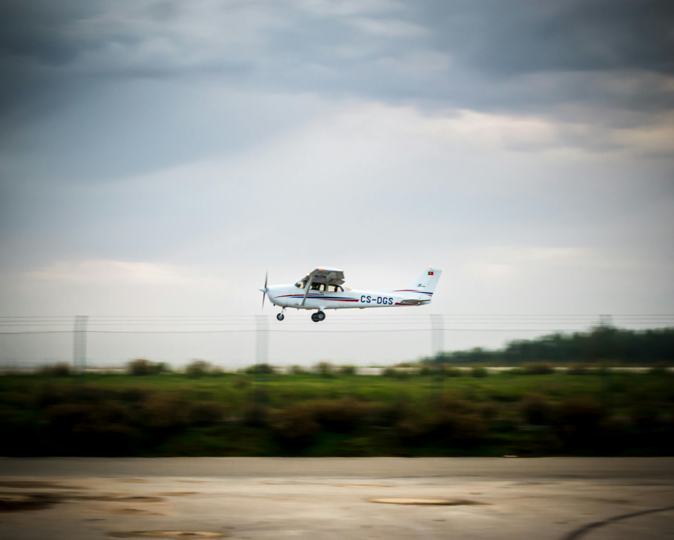

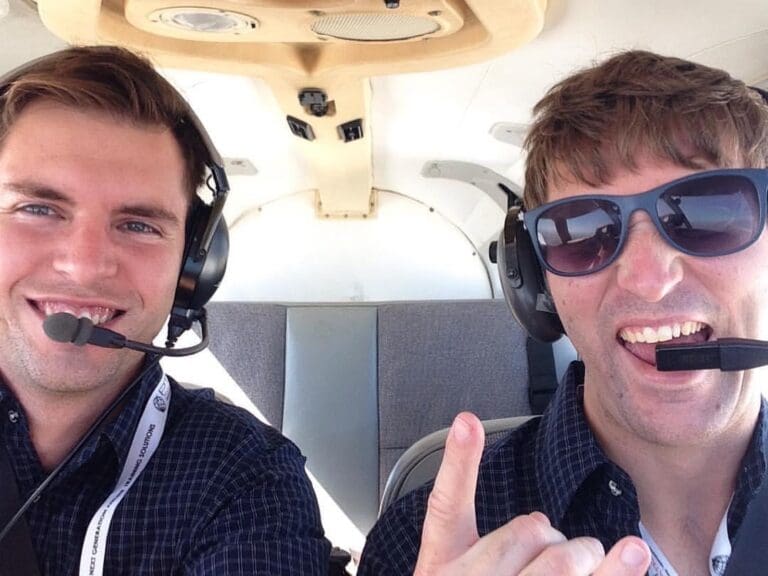
Responses